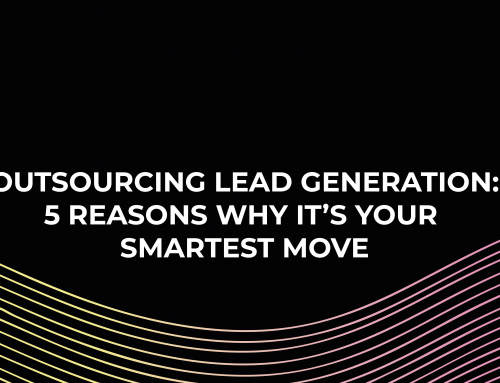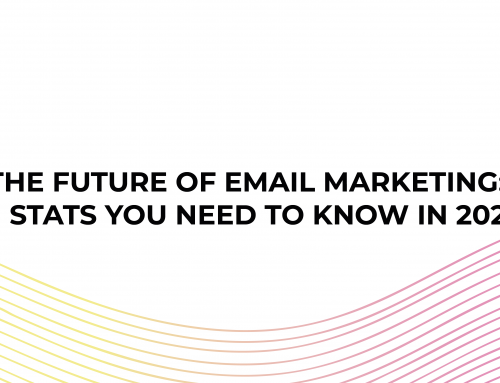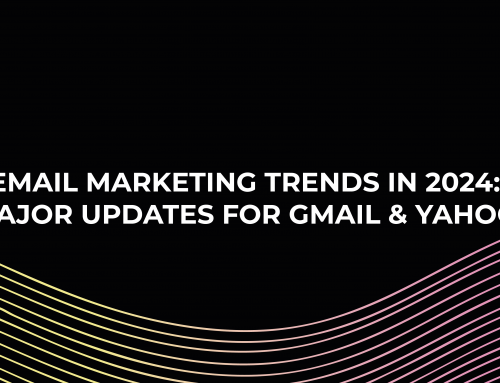Data Privacy and GDPR laws for Email Marketing in 2023
Any company operating within Europe has to be compliant with the data privacy and data protection laws introduced in the GDPR legislation. Failing to comply can result in hefty charges, fines and a damaged company reputation.
In this blog we take a look at everything you need to know about GDPR and how you can stay within the lines of the law.
GDPR stands for General Data Protection Regulation, it was introduced in 2018 with the objective of greater protecting individuals personal data from data harvesting and wrongful use. The new rules increase transparency and accountability between businesses and their customers, giving the consumer a better understanding of what data is being collected and what it’s being used for.
How Does This Relate to Email Marketing
Here are 7 Data protection principles all email marketers need to take into account:
1. Lawfulness, Fairness and Transparency
When you are collecting personal data from consumers you should be in-line with the three sub principles of GRPR
- Lawfulness: You have good reason to gather the data
- Fairness: You don’t withhold info about the reasons behind collecting
- Transparency: You’re open with data subjects about what your company does with the data
Consumers should be informed about where their data is being used and how it’s being collected. Add this information to your terms and conditions and your data collection forms.
2. Purpose Limitation
According to the legislation there should be a “specified, explicit and legitimate purpose” behind data collection. For example when people register an account with your company you need to explicitly state that you will also be using their email address to send promotional emails, if they dont give permission then you aren’t allowed to contact them.
3. Data Minimisation
One of the main objectives of GDPR is to limit the amount of data that companies can harvest/ collect from users. In order to comply with GDPR companies can only ask for the data that they need to achieve the stated purpose. This rule minimises the potential damage that can be caused by data breaches.
4. Accuracy
A business must take responsibility and ownership for updating and erasing any incorrect information. Users have the right to request the removal of any data incorrect or not. For example when a consumer opts out of communications this principle means that the company must remove their email address from their marketing list.
5. Storage Limitation
This part of GDPR focuses on the length of time companies are allowed to hold onto the data they have collected. If the data is no longer being used then it should be deleted. Users should also be able to request that companies provide a copy of all the data companies have on them and request that all of it be deleted/ destroyed.
6. Integrity & Confidentiality
According to the official text in the GDPR, this principle is there to ensure that data is:
“Processed in a manner that ensures appropriate security of the personal data, including protection against unauthorised or unlawful processing and against accidental loss, destruction or damage, using appropriate technical or organisational measures.”
Essentially companies must ensure that they are taking steps to protect consumer data from attacks or deliberate breaches. In terms of email marketing this means:
- Choosing a reliable email marketing service provider that adheres to GDPR
- Collecting necessary data only
- Using email encryption
- Allowing access to customer data only to the employees that need it
7. Accountability
The final principle requires that not only do you have to follow the laws but you have to provide proof that you are following them. This means that you need to provide proof that you collect all the necessary documentation. This can include:
- Proof that you have obtained consent to contact the user
- The purpose of the data processing
- Explanation of how the data is going to be used
- The Data retention policy
- Info about the security measures implemented
Wrap up
Refer to this guide whenever you feel like you need a refresher on the GDPR legislation. If you would rather leave your email marketing to the professionals then contact Inboxx to supercharge your outbound marketing.




